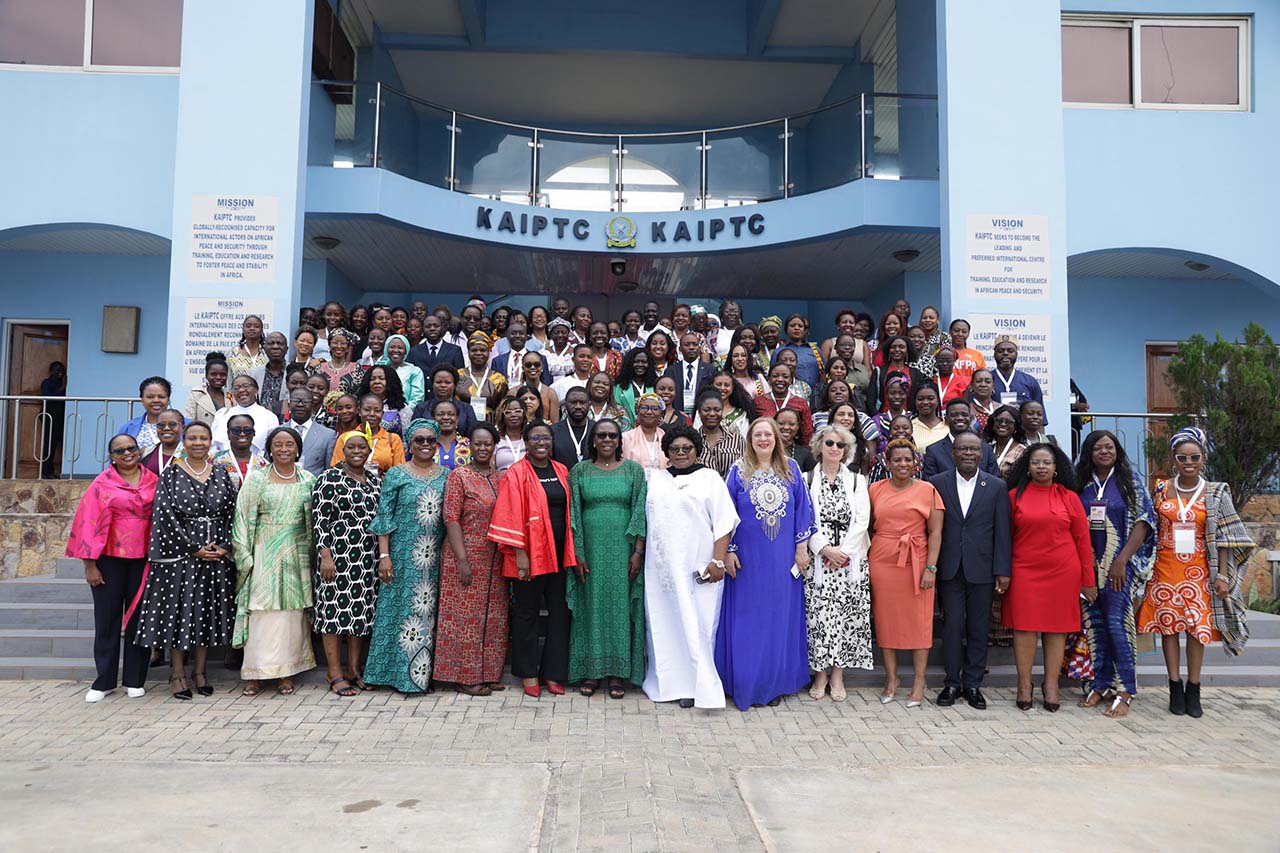
Empowering the Future: A Look into the 6th GIMAC Strategic Engagement
The 6th Gender Is My Agenda Campaign (GIMAC) Strategic Engagement recently convened in Accra, Ghana, bringing together the African Union, Regional Economic Communities (RECs), and partners to address critical issues concerning education, gender equality, climate change, and sustainable development in Africa. This gathering provided a dynamic platform for leaders, activists, and youth representatives to share insights and strategies aimed at advancing these essential agendas.
A central theme of the event was the transformative power of education in driving sustainable development. Education is seen as a cornerstone for progress, necessitating holistic approaches, policy reforms, and financial commitments to ensure its quality and relevance. Dr. Helen Kexie-Nwoha, GIMAC Network Chairperson and Executive Director of Researchers without Borders, underscored this importance, stating, “Equipping the youth with skills relevant to a rapidly changing global landscape is vital for empowerment, particularly for young women.”
The intersection of climate change and gender equality was another critical topic of discussion. Participants emphasized that women and girls are disproportionately affected by climate change, facing greater risks and burdens. This disparity highlights the need for gender-responsive climate policies that address environmental challenges while promoting gender equality. Policies should empower women as key agents of change, providing them with the resources and opportunities necessary to lead in climate action.
Youth empowerment was a focal point, with discussions centered on creating more opportunities for young people to engage in leadership and decision-making processes. Mr. Constant Tchona from Plan International Ghana discussed their youth-centered approach, noting, “Plan International Ghana remains steadfast in its youth-centered approach by empowering young people and their organizations through the transfer of power, decision-making authority, and resource allocation. This strategy is integral to our method of working with young people, which is why we collaborate with over 60 youth-led organizations.” This approach aims to nurture leadership and active participation among the youth, particularly in addressing gender inequality and climate change. The GIMAC Youth Chairperson highlighted the recommendation to establish youth envoy offices within each REC to enhance information flow and strengthen youth programs, as well as the institutionalization of the AU Youth Envoy’s office to ensure continuity and effectiveness.
Major General Richard Addo Gyane emphasized the importance of inclusive education for social cohesion, stating, “Ensuring that quality education is accessible to all, regardless of gender, socioeconomic status, or geographic location, is crucial. This inclusivity strengthens social cohesion and enables diverse perspectives to flourish, enhancing innovation and problem-solving capacities. By providing girls with the same educational opportunities as boys, we promote gender equality and contribute to a more balanced and equitable society.”
The economic empowerment cluster, led by FEMNET, was another key focus. Discussions addressed the barriers women face in accessing economic opportunities and the need for targeted policies and programs to support women’s economic participation. Participants advocated for greater investment in initiatives that promote women’s entrepreneurship, access to financial resources, and leadership in the economic sector. Dr. Amany Asfour emphasized the importance of the 3 Ps—personal empowerment programs, policy advocacy, and project development—stating, “Education is not just about reading and writing; it’s about developing skills and economic empowerment.” She stressed the need to investigate on-the-ground realities, implement supportive policies, and focus on capacity building. Additionally, a holistic approach and changes in the school curriculum were highlighted as essential steps to ensure that education systems align with the needs of the economy and society, equipping women with the skills needed for economic participation and leadership.
Despite considerable progress, challenges persist, particularly in accessing quality education for girls and young women. Discussions at GIMAC highlighted the need for ongoing advocacy and action to overcome these barriers. There was a strong call for creating safe, inclusive spaces for women and girls to engage in policy-making processes, emphasizing that their voices are crucial for sustainable and inclusive development.
In conclusion, the 6th GIMAC Strategic Engagement underscored the interconnectedness of education, gender equality, climate change, and women’s economic empowerment. As discussions continue, the focus remains on fostering an inclusive and resilient society, where all individuals, regardless of gender, can contribute to and benefit from Africa’s sustainable development.
